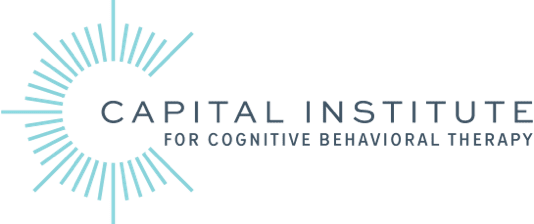CBT For Insomnia Can Also Reduce Anxiety And Depression
Insomnia is a clinical disorder associated with difficulties falling asleep, staying asleep, and/or waking up too early. These experiences can drastically impact someone’s mood and overall life satisfaction, regardless of whether they occur on their own or together with co-occurring disorders like depression and anxiety. Individuals who experience insomnia along with depression and anxiety may feel additionally overwhelmed, particularly if they do not know which of these specific issues they should target first.
Recent research may be helpful for treatment selection. These findings have suggested that cognitive behavioral therapy for insomnia (CBT-I), the gold standard non-medical treatment for insomnia, may in and of itself be helpful for both sleep problems and other symptoms. Specifically, empirical studies have demonstrated that a brief course of CBT-I was sufficient for reducing sleep problems regardless of whether a person also experienced depression and anxiety (Depression and Anxiety) and that CBT-I may actually reduce depression and anxiety symptoms along with sleep disturbances (Psychiatric News). This is consistent with both popular discussions of CBT-I’s role in alleviating co-occurring depression (New York Times) and with previous scholarly findings suggesting that behavioral interventions should be considered the initial treatment of choice for insomnia.
The therapists at Capital Institute are skilled in applying cognitive and behavioral interventions for a variety of concerns. One of our therapists, Kevin Crowley, Ph.D., has received advanced training in CBT-I. Dr. Crowley regularly delivers CBT-I in individual therapy, and also offers CBT-I Group Clinics. For more information, please call our New Patient Coordinators at (202) 234-0903, ext. 15 or complete this form:
